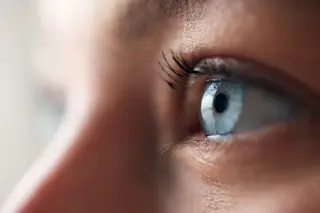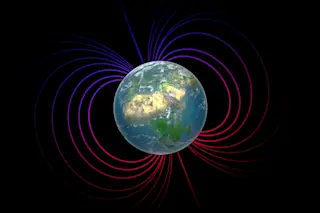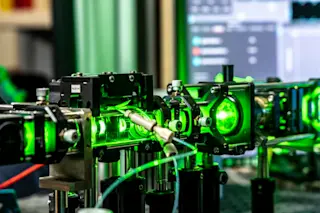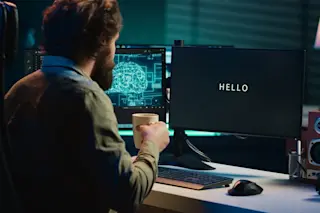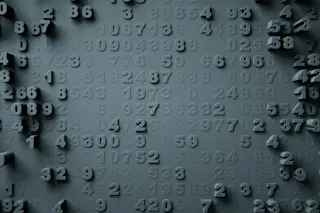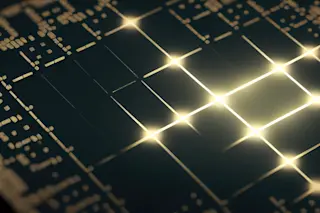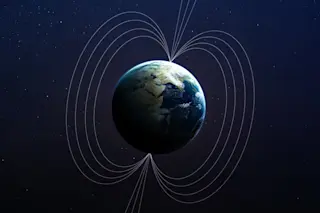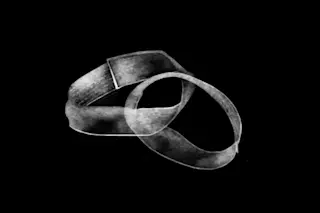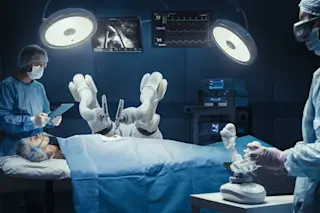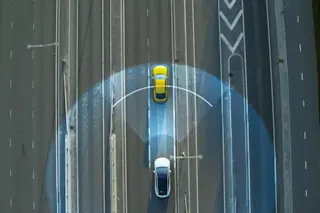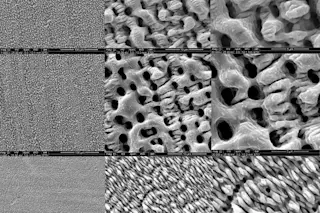We've all seen CAPTCHA's -- those distorted words that function as a cut-rate Turing test, separating humans from spambots on any number of websites.
This weekend I was at a Kavli Frontiers of Science meeting at the National Academies of Science office in Irvine, and one of the participants was Luis von Ahn -- the guy who was responsible for inventing the CAPTCHA idea. He gave a great one-minute talk, in which he traced his personal feelings about being responsible for something that is so useful, yet so annoying. CAPTCHA, you will not be surprised to hear, is ubiquitous. Luis figured out that the little buggers are filled out about sixty million times per day by someone on the web. So, as the inventer, he first felt a certain amount of pride at having exerted such a palpable influence on modern life. But after a bit of reflection, and multiplying ...



